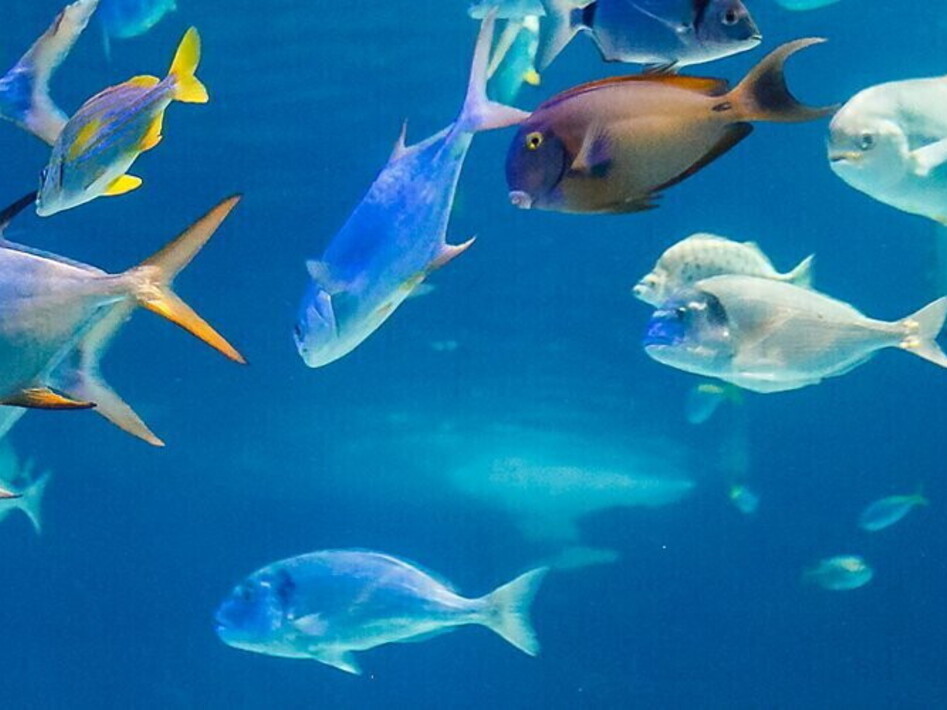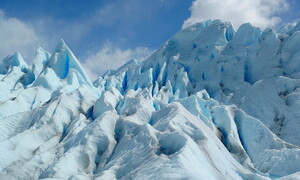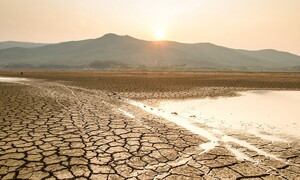Seas are getting warmer and fish are migrating to the Poles
08 April 2021

Global warming is reaching the bottom of the sea and upsetting the delicate balance of ecosystems. Rising water temperatures have a strong impact on biodiversity in marine ecosystems. A group of Australian and New Zealand researchers have identified the risk threshold, stating in a paper published in PNAS that: “marine species richness levels off or declines in latitudinal bands with average annual sea surface temperatures exceeding 20°C.”
The authors of the paper collected data from 1955 to 2015, creating a massive database containing some 7 million records of more than 48,000 marine animal species. By analysing this data, the researchers realised that, due to global warming, animal species in marine ecosystems are moving towards the poles and colder waters. This shift particularly affects fish species living in surface waters, while species inhabiting the seabed have shown a lower propensity to range shift. The cause of these shifts, however, is not only rising water temperatures. A decisive contribution comes from extreme weather events, such as marine heat waves (a marine heat wave is defined as an extreme increase in water temperature for at least 5 consecutive days).
The paper highlights an important element for understanding the urgency of acting to mitigate these changes. Oceans heat up more slowly than the surface of dry land. The global warming of the seas in 2020, according to NOAA data, was +0.76°C compared to the previous 100-year average. Estimates of terrestrial global warming vary, but they are all above 1°C. Nevertheless, marine animal species are reacting earlier and more dramatically than terrestrial species.


